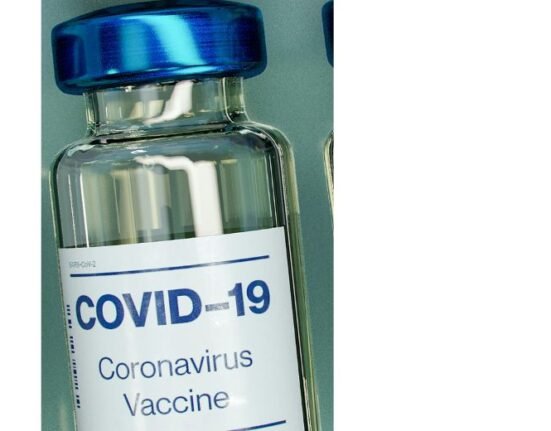A study showed an improvement in memory among older adults who took a daily multivitamin/Image by pressfoto on Freepik
HQ Team
May 25, 2023: A new study, part of a large clinical trial called the COcoa Supplement and Multivitamin Outcomes Study (COSMOS), found that a daily dose of multivitamins or mineral supplements can improve memory in older adults.
The study involved more than 3,500 adults aged 60 and above. The researchers randomly assigned participants to take a daily multivitamin supplement or an inactive placebo for three years.
The participants were tested on their cognitive abilities at the start of the studies and the end of each year. By the end of the first year, both groups saw improvements in memory, but the group taking a daily multivitamin saw a larger improvement.
The researchers estimate that the changes in the multivitamin group were equivalent to about three years of age-related memory decline. Still, that improvement was modest and the data does not account for the long term.
Heart and memory link
The effect was more pronounced in participants with underlying cardiovascular disease. Their cognitive results were not good at the start of the study but after one year of taking the multivitamin, their memory was similar to those without heart disease.
This suggests that the multivitamin is filling nutrient gaps in a person’s diet, the authors say. “Cognitive aging is a top health concern for older adults, and this study suggests that there may be a simple, inexpensive way to help older adults slow down memory decline,” says study leader Adam M. Brickman, PhD, professor of neuropsychology at Columbia University Vagelos College of Physicians and Surgeons.
Another study by CoSMOS, of more than 2,200 older adults found that taking a daily multivitamin improved overall cognition, memory recall, and attention, effects that were also more pronounced in those with underlying cardiovascular disease.
“There is evidence that people with cardiovascular disease may have lower micronutrient levels that multivitamins may correct, but we don’t really know right now why the effect is stronger in this group,” says Brickman.
The findings support growing evidence that nutrition is important for optimizing brain health as we age.
“Our study shows that the aging brain may be more sensitive to nutrition than we realized, though it may not be so important to find out which specific nutrient helps slow age-related cognitive decline,” says Lok-Kin Yeung, PhD, a postdoctoral researcher in Columbia’s Taub Institute for Research on Alzheimer’s Disease and the Aging Brain and first author of the study.
“The finding that a daily multivitamin improved memory in two separate cognition studies in the COSMOS randomized trial is remarkable, suggesting that multivitamin supplementation holds promise as a safe, accessible, and affordable approach to protecting cognitive health in older adults,” says co-author JoAnn Manson, MD, chief of the Division of Preventive Medicine at Brigham and Women’s Hospital.
“Supplementation of any kind shouldn’t take the place of more holistic ways of getting the same micronutrients,” adds Brickman. “Though multivitamins are generally safe, people should always consult a physician before taking them.”
Diet and memory improvement
Some clinical trials have shown that dietary interventions can improve memory. For example, a hybrid diet of Mediterranean and DASH (Dietary Approaches to Stop Hypertension) developed by researchers at RUSH University called the MIND diet, has been linked to better cognitive performance in older adults. But doctors point out that multivitamins are an easy and cost-effective way of improving memory and cognitive abilities in the aged.
More rigorous studies are needed to determine whether multivitamin use has any impact on cognitive function over the long term.
It is to be remembered that dietary supplements are not recommended by some doctors, especially for the young and healthy and it is always better to maintain a healthy and balanced diet for full physical and mental fitness.
The study results were published May 24 in the American Journal of Clinical Nutrition.








